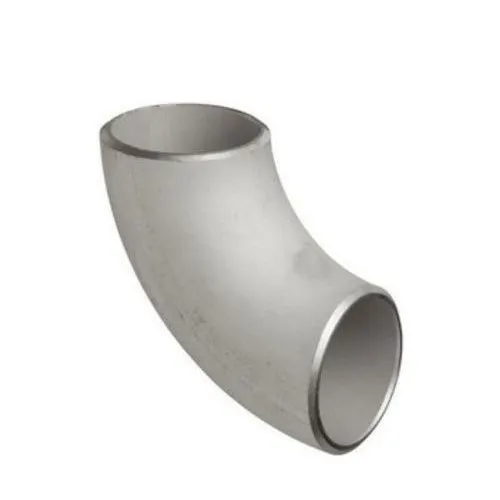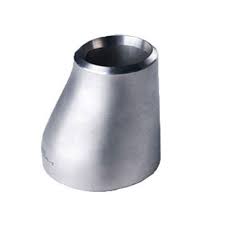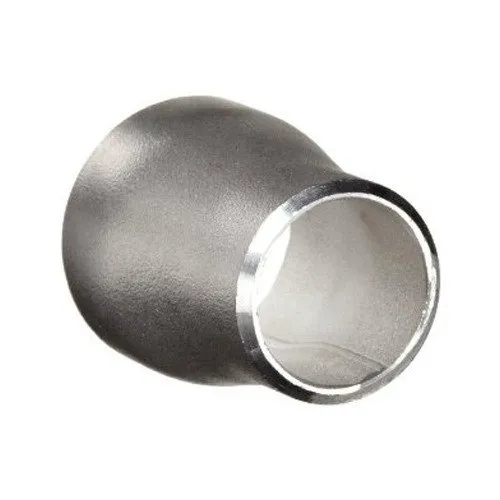
What is a butt weld elbow? A butt weld elbow is a type of pipe fitting used to change the

Set screws, also known as grub screws, are threaded fasteners designed without a head and commonly feature a hex socket or slotted drive on one end. These screws are used to secure an object within or against another object, usually without the need for a nut.
Characteristics of Set Screws:
1. Headless Design: Set screws lack a traditional head, providing a flush and neat appearance when installed.
2. Threaded Entirety: They have threads along the entire length, allowing them to be fully threaded into a tapped hole or into a material.
3. Drive Types: Set screws typically feature a hex socket (Allen) or slotted drive on one end, allowing for tightening using a corresponding tool.
4. Material Options: Available in various materials including steel, stainless steel, brass, and alloy steel to suit different applications and environments.
Types of Set Screws:
1. Cup Point Set Screws: These have a rounded or cup-shaped indentation at the end to provide a firm grip without damaging the mating surface.
2. Cone Point Set Screws: The end of these screws comes to a sharp conical point, offering high holding power by embedding into the mating material.
3. Flat Point Set Screws: Featuring a flat or slightly rounded end, these screws apply force without leaving marks on the surface.
4. Oval Point Set Screws: Have an oval-shaped indentation at the end, providing better alignment and reduced marring of surfaces.
5. Half Dog Point Set Screws: These screws feature a partial indentation or point, offering a balance between holding strength and surface contact.
Applications of Set Screws:
– Shaft Fixing: Used to secure gears, pulleys, and couplings onto shafts by penetrating into the shaft’s surface.
– Alignment: Utilized in machinery and equipment to align components or act as locator pins.
– Fastening Components: Securely attach knobs, handles, or collars onto shafts or rods.
– Electronics: Used in electronic devices to secure parts within housings or mounting brackets.
Set screws are available in various materials, each possessing unique properties suitable for different applications. The choice of material depends on factors such as the environment, required strength, corrosion resistance, and specific application requirements. Here are common materials used for manufacturing set screws:
1. Steel:
– Overview: Steel set screws are versatile and cost-effective, offering moderate strength and hardness.
– Advantages: Good strength, hardness, and affordability.
– Applications: General-purpose applications, machinery, and equipment.
2. Stainless Steel:
– Overview: Stainless steel set screws provide excellent corrosion resistance due to their chromium content.
– Advantages: High corrosion resistance, durability, and strength.
– Applications: Outdoor, marine, and corrosive environments.
3. Alloy Steel:
– Overview: Alloy steel set screws offer higher strength, hardness, and wear resistance than carbon steel.
– Advantages: High strength, hardness, and wear resistance.
– Applications: Heavy machinery, automotive, and industrial equipment.
4. Brass:
– Overview: Brass set screws offer corrosion resistance, aesthetics, and conductivity.
– Advantages: Corrosion resistance, aesthetic appeal, and electrical conductivity.
– Applications: Electrical components, decorative fixtures, and furniture.
5. Aluminum:
– Overview: Aluminum set screws are lightweight and have good corrosion resistance.
– Advantages: Lightweight, corrosion-resistant, and suitable for aluminum-to-aluminum applications.
– Applications: Lightweight structures, electronics, and automotive components.
6. Nylon:
– Overview: Nylon set screws are non-metallic and resistant to corrosion, vibration, and electrical insulation.
– Advantages: Corrosion-resistant, vibration-resistant, and electrical insulation.
– Applications: Electrical enclosures, plastic components, and industries requiring non-metallic fasteners.
7. Titanium:
– Overview: Titanium set screws offer high strength-to-weight ratio, corrosion resistance, and durability.
– Advantages: High strength, corrosion resistance, and lightweight.
– Applications: Aerospace, medical implants, and applications requiring high performance.
8. Copper:
– Overview: Copper set screws offer excellent electrical conductivity and corrosion resistance.
– Advantages: High electrical conductivity and corrosion resistance.
– Applications: Electrical connections, grounding applications, and electronics.
9. Monel:
– Overview: Monel set screws provide superior corrosion resistance in extreme environments.
– Advantages: Excellent corrosion resistance in harsh environments.
– Applications: Marine, chemical processing, and high-corrosion environments.
The selection of material for set screws depends on the specific requirements of the application, considering factors such as environmental conditions, mechanical properties, and corrosion resistance needed for optimal performance.
Sino Special Metal’s Supply:
Sino Special Metal provides a comprehensive range of set screws in different drive types, materials, and point configurations. These screws are manufactured to meet industry standards, ensuring quality and reliability for various industrial applications.
In summary, set screws are versatile fasteners used for secure and discreet fastening in a wide range of applications. Sino Special Metal offers various types of set screws, providing quality and tailored solutions for different industries and applications.

What is a butt weld elbow? A butt weld elbow is a type of pipe fitting used to change the

At SINO SPECIAL METAL, we provide high-quality butt weld eccentric reducers, essential fittings used in piping systems to seamlessly connect

What is a Butt Weld Concentric Reducer At SINO SPECIAL METAL, we offer high-quality butt weld concentric reducers, pivotal components
SSM stands as a premier supplier enterprise, renowned for its specialization in crafting high-quality special metal products. Our commitment to excellence and precision in production ensures that your unique metal requirements are not just met but exceeded. Discover the quality that defines SSM as a leading name in the industry.